

MedTech organizations need to focus on the human factor of change and achieve top-down alignment, buy-in, accountability, and clear communication along the way.

MedTech organizations need to focus on the human factor of change and achieve top-down alignment, buy-in, accountability, and clear communication along the way.

CitiusTech Senior VP and Market Head, Healthcare Providers, John Squeo, shares five game-changing shifts that will redefine the future of US healthcare and unlock a more streamlined, accessible and patient-centric system.
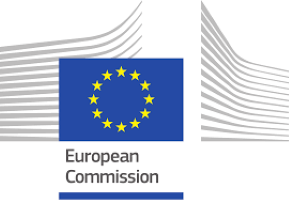
The EU Data Act will be applicable from September 12, 2025. Given the consequent steps that will be required to comply with the EU Data Act, medical and health devices’ companies would do well to already commence assessing what they will need to do to comply with it.

As regulatory bodies increasingly recognize the richness and value of RWE, particularly in informing the benefit-risk profile of devices from real-world environments, MedTech companies are turning to advanced analytical tools to navigate this new landscape efficiently.

Information Sharing and Analysis Centers (ISACs), developed to help critical infrastructure industries prevent and become more resilient to cyber and physical security attacks, are expanding their strategies to meet ever-evolving threats. Errol Weiss, Chief Security Officer of the Health-ISAC, discusses how these groups work to protect industry, emerging threats and how device developers and healthcare organizations are working together to protect patients.
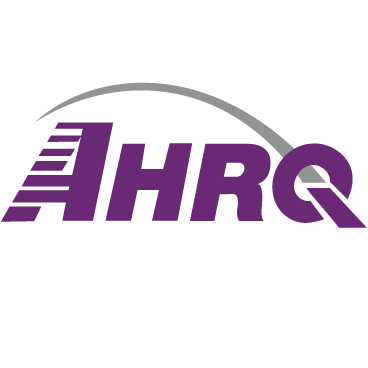
The new equity guide provides implementation steps to help developers and users implement the AHRQ Digital Healthcare Equity Framework to ensure new technologies ameliorate, rather than exacerbate, inequities in health care.
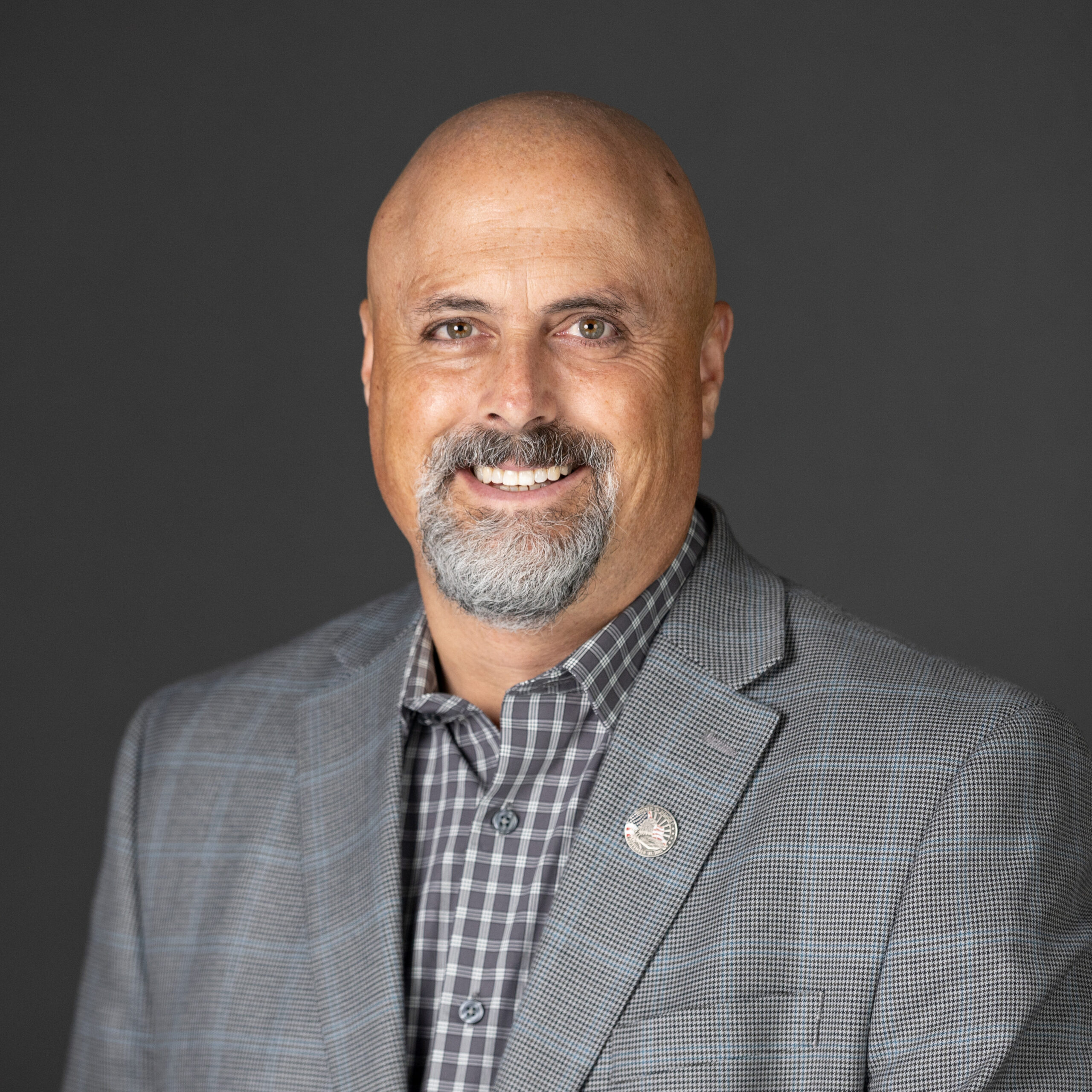
Dave Bailey, VP of Consulting Services at Clearwater Security, highlights the need for top-down support in managing healthcare-related cyber risks and how the new NIST Cybersecurity Framework can help enhance cybersecurity in healthcare and MedTech organizations.

Although 61% of decision-makers at healthcare organizations said their firms invested at least $100 million in digital transformation initiatives over the past year, 65% of those respondents said their firms have translated less than half of those investments into tangible business value. These numbers highlight the challenges of digital transformation with data siloes posing the biggest threat to success.
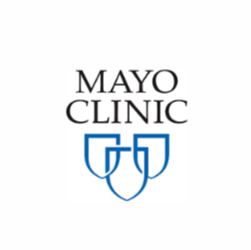
Mayo Clinic News Network/ — In a review published in Cancers, the researchers note that this emerging class of AI offers an innovative way to use massive datasets to help discover the complex causes of diseases such as cancer and improve treatment strategies.
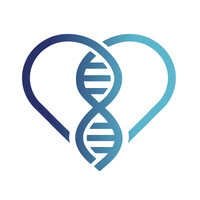
Cardio Diagnostics announced issuance of new U.S. Patent for “Compositions and Methods for Detecting Predisposition to Cardiovascular Disease.”